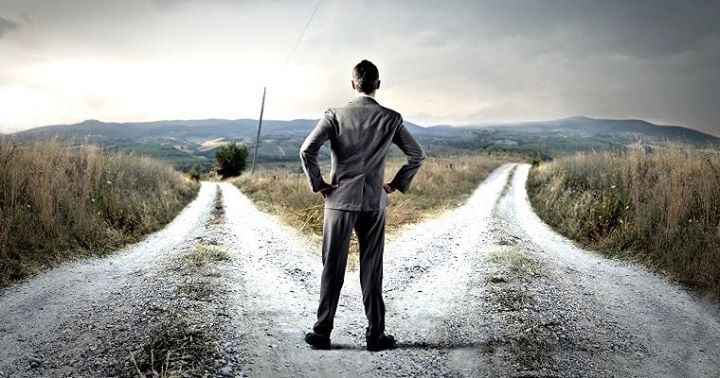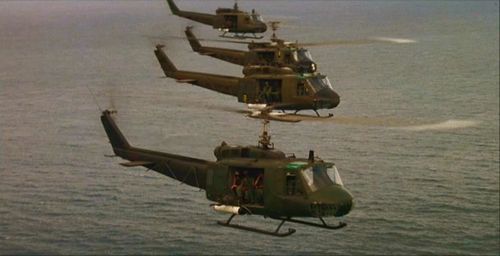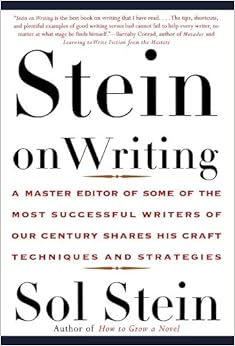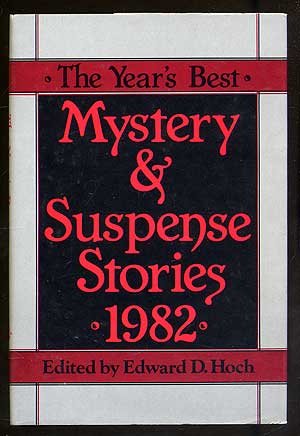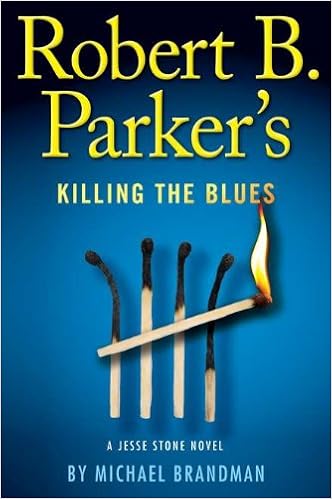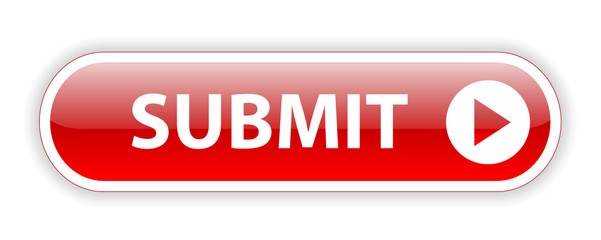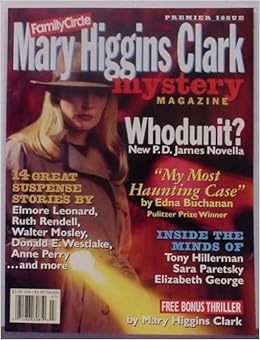by John M. Floyd

I'm not much of a goal-setter, in my writing. Like all of us, I try to do a good job of writing stories and submitting them to markets--but beyond that, I don't feel there's much I can do. If something gets published, great. If something good happens
after it's published (awards, other recognition, etc.), that's icing on the cake, and I'm honored and grateful if/when it does. But that's out of my control.
Having said that, I think there are certain things that most mystery writers have on their bucket lists. One might be to win an Edgar, or even to be nominated. Or to win other writing awards, or to have a story picked up for a film. If you're a writer of short mysteries, an additional dream might be to appear in the annual MWA anthology or an Akashic noir anthology.
I've been fortunate enough to grab a few of these golden rings, as have most of you. One of my fantasies was realized last year, when I had a story chosen for
The Best American Mystery Stories 2015.
The B.A.M.S. file
I would guess that almost all of us have looked through volumes of
Best American Mystery Stories at one time or another. For those who might be interested, here's a quick overview of the series, and the procedure by which the included authors are selected.

The
B. A. M. S. anthologies began in 1997 and have always been published by Houghton Mifflin (later Houghton Mifflin Harcourt). In his introduction to the debut edition, series editor Otto Penzler explained that he identified and read all the mysteries published during the previous calendar year--1996--and chose the best fifty, which he then turned over to a guest editor. That editor, Robert B. Parker in this case, selected what he thought were the best twenty stories for the publication; the remaining thirty were listed in a close-but-no-cigar honor roll in the back of the book, called "Other Distinguished Mystery Stories of 1996." This process has been continued every year since. Those lucky enough to be in the "top 20" are notified, early in the year, that their stories will be featured in the book. Contracts are then sent out, the writers are paid, and the anthology is published in the fall.
Where does Otto go to find all this original fiction? "The most fruitful sources," he said in the
B.A.M.S. 1997 intro, "are the mystery specialty magazines, small literary journals, popular consumer publications, and an unusually bountiful crop from anthologies containing all or some original work." Apparently the field consisted of around 500 stories at first, and has now expanded to become 3,000 to 5,000 stories a year. His colleague Michele Slung apparently does most of the initial culling, and is, according to Otto, "the fastest and smartest reader I have ever known."
The names of all the guest editors can be found in the opening pages of every edition, but they're so impressive I'll list them here as well:
1997 - Robert B. Parker
1998 - Sue Grafton
1999 - Ed McBain
2000 - Donald Westlake
2001 - Lawrence Block
2002 - James Ellroy
2003 - Michael Connelly
2004 - Nelson DeMille
2005 - Joyce Carol Oates
2006 - Scott Turow
2007 - Carl Hiaasen
2008 - George Pelecanos
2009 - Jeffery Deaver
2010 - Lee Child
2011 - Harlan Coben
2012 - Robert Crais
2013 - Lisa Scottoline
2014 - Laura Lippman
2015 - James Patterson
2016 - Elizabeth George
20/50 vision
As I mentioned earlier, the stories featured in the anthology are the top twenty of the year, chosen by the guest editor. Those named in the Distinguished Mysteries list in the back of the book are the runners-up, the "rest" of the top fifty that were originally chosen by Otto Penzler.

I restated that because most folks don't know about it--including, until recently, me. At the 2012 Bouchercon I had the opportunity to meet Lee Child, one of my favorite authors. I remember saying to him (babbling, probably), "I saw that one of my stories was listed as "distinguished" in
The Best American Mystery Stories 2010 . . . and, well, since you were guest editor that year, I'd like to thank you for that honor." He said something kind and gracious and we both went on our way. What I didn't realize at the time was that my story was in the "distinguished" list because it was one of the fifty that Otto had selected, not one of the final twenty that Child chose. What I'd done, essentially, was thank him for
not picking my story to be in the book. Good grief.
An SS/B.A.M.S. history
From looking at my own editions of the series, snooping on the Internet, and pestering my fellow mystery writers for information I couldn't find elsewhere, I have created the following unscientific report of current and former
SleuthSayers who have wound up either in
Best American Mystery Stories or named in its "Other Distinguished Mystery Stories" list. Please forgive me, and correct me, if I've overlooked anyone.
year included in book (top 20) named in "distinguished" list (the rest of the top 50)
1997 ------------------------------------------------------------------------------------------------------------------
1998 ----Janice Law--------------------------------------------------------------------------------------------------
1999 ------------------------------------------------------------------------------------------------------------------
2000 ----David Edgerley Gates-------------------John Floyd----------------------------------------------------
2001 ----------------------------------------------------David Edgerley Gates-------------------------------------
2002 ----David Edgerley Gates-------------------R.T. Lawton---------------------------------------------------
2003 ----O'Neil De Noux--------------------------------------------------------------------------------------------
2004 ----------------------------------------------------O'Neil De Noux, David Edgerley Gates----------------
2005 ------------------------------------------------------------------------------------------------------------------
2006 ----------------------------------------------------O'Neil De Noux-----------------------------------------
2007 ------------------------------------------------------------------------------------------------------------------
2008 ------------------------------------------------------------------------------------------------------------------
2009 -----------------------------------------------------Dixon Hill-------------------------------------------------
2010 -----------------------------------------------------Art Taylor, John Floyd-----------------------------------
2011 ------------------------------------------------------------------------------------------------------------------
2012 -----------------------------------------------------Eve Fisher, Janice Law, John Floyd--------------------
2013 -----O'Neil De Noux, David E. Gates-----Janice Law, B.K. Stevens-----------------------------------
2014 -----------------------------------------------------David Dean, Elizabeth Zelvin--------------------------
2015 -----John Floyd---------------------------------David E. Gates, Rob Lopresti, Art Taylor--------------
2016 -----Rob Lopresti, Art Taylor-----------------David E. Gates, R.T. Lawton, John Floyd--------------
Observations
Here are some things I found interesting about the above chart:

- As you can see, not one but TWO
SleuthSayers have stories that made it to the top 20 and into the book this year: Rob Lopresti and Art Taylor. Both are tremendously deserving of the honor, and--not surprisingly--neither of them is a stranger to the limelight. Both have been recognized with multiple awards and honors over the past several years.
(Art Taylor and I seem to have a strange connection: This year, when he made it into the book, I made the "Other Distinguished Mystery Stories" list; the year I managed to get in, he was in the "distinguished" list; and one year both he and I had stories listed as "distinguished." In other words, I always root for Art all the more, because if he's involved I seem to have a better chance of sneaking somewhere into the picture as well.)
- For the first 18 years of the series (before the 2015 edition of
B.A.M.S.), only three
SleuthSayers had stories featured in the book (top 20): David Edgerley Gates three times (2000, 2002, and 2013), O'Neil De Noux twice (2003 and 2013), and Janice Law once (1998). And only recently have
two SleuthSayers been in the top 20 in the
same year--O'Neil and David in 2013 and Rob and Art in 2016.
- When you combine the
SSers included in the book and those named in the "distinguished" list, David Edgerley Gates has made the top 50 an astounding
seven times (2000, 2001, 2002, 2004, 2013, 2015, 2016), I've made it five times (2000, 2010, 2012, 2015, 2016), O'Neil four (2003, 2004, 2006, 2013), Janice three (1998, 2012, 2013), Art three (2000, 2015, 2016), R.T. twice (2002, 2016), Rob twice (2015, 2016), and Dixon Hill, Eve Fisher, Bonnie Stevens, David Dean, and Liz Zelvin once each.
- David Edgerley Gates's stories were either included or named in the "distinguished" list in four out of five consecutive editions (2000-2004) and in another three out of four (2013-2016). Also, O'Neil De Noux's stories were either included or distinguished in three out of four consecutive years (2003-2006). A lot of fine stories over short stretches of time.
- In only six years out of
B.A.M.S.'s 20-year history have no
SleuthSayers been included in either the anthology or the "Other Distinguished Mystery Stories" list--but in one of those no-
SS years (1997)
Criminal Briefer Melodie Johnson Howe was featured in the book, and in another year (2011)
CBer Angela Zeman appeared in the "distinguished" list. And by the way, Angela was also included in the book in 2004 and
Criminal Brief founder James Lincoln Warren made the "distinguished" list in 2010. (I couldn't resist mentioning those colleagues;
Criminal Brief was the forerunner to
SleuthSayers, and Rob, Leigh, Janice, and I were all
CBers in a previous life.)
- In the before-I-forget department: Frequent
SS guest-blogger Michael Bracken was named to the "Other Distinguished Mystery Stories" list in 2005.
That's my take on
Best American Mystery Stories and its connection with our blog. If nothing else, it might steer you to some
SleuthSayers' stories in the old volumes you might already have on your bookshelves. (In the course of putting this column together, I wound up going back and reading a
lot of them.) May ALL of us be represented often in
B.A.M.S.'s pages in the future.
Many thanks to Otto Penzler, to his assistant(s) and his guest editors, and to Houghton Mifflin Harcourt, not only for providing us with outstanding reading material but for giving some of us the opportunity, and the great honor, to be a part of the series.
Here's to another twenty years!
 In his book Spunk & Bite, author and publisher Arthur Plotnik says, "Readers love surprise. They love it when a sentence heads one way and jerks another."
In his book Spunk & Bite, author and publisher Arthur Plotnik says, "Readers love surprise. They love it when a sentence heads one way and jerks another."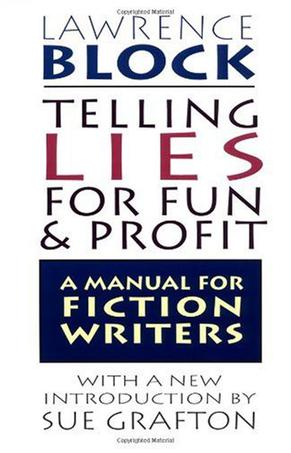 With regard to endings, Lawrence Block had an interesting observation about that in his book Telling Lies for Fun and Profit. He said, "The best surprise endings don't merely surprise the reader. In addition, they force him to reevaluate everything that has preceded them, so that he views the actions and the characters in a different light and has a new perspective on all that he's read."
With regard to endings, Lawrence Block had an interesting observation about that in his book Telling Lies for Fun and Profit. He said, "The best surprise endings don't merely surprise the reader. In addition, they force him to reevaluate everything that has preceded them, so that he views the actions and the characters in a different light and has a new perspective on all that he's read."